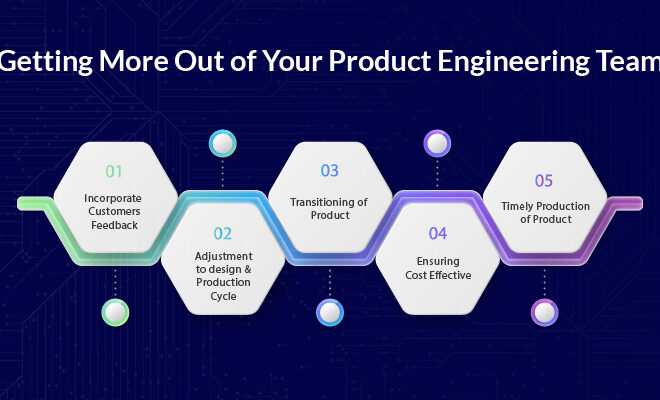The Importance of Long-Term Data Archiving in The Semiconductor Test Industry
In today’s fast-paced business environment, the need to archive data for extended periods is becoming increasingly crucial. Many companies attempt to manage this with general-purpose tools like MS Excel, only to find that while storing the data might be possible, managing and retrieving it efficiently when needed is another story altogether.
Archiving recent data—typically from six months to a year—might be sufficient for companies producing consumer goods with shorter life cycles. New product models replace the old each year, reducing the necessity for long-term data retention. However, this isn’t the case for every industry.
Long-Term Archiving: A Necessity for the Auto Industry
In contrast, many sectors require indefinite data archiving. Consider our clients in the automotive and aviation industries. Their products, such as cars and aircraft, are built to last anywhere from 10 to 20 years. This longevity necessitates extensive data retention.
If a product fails or malfunctions, companies need the ability to investigate the issue, often requiring access to data from years past. With adequate data archiving solutions, this process becomes streamlined: all they need is a lot ID, and the relevant data can be retrieved within minutes.
Data Retention Policy: Key to Effective Archiving
Data archiving isn’t just about maintaining storage; it’s about ensuring data can be retrieved efficiently and accurately when needed. This is where having a robust data retention policy becomes crucial. A well-defined policy helps organisations determine what data needs to be kept and for how long, ensuring compliance with industry regulations and internal standards.
The Role of Data Purging
While long-term data archiving is vital, data purging also plays an important role. Data purging involves systematically deleting data that is no longer needed, ensuring that storage costs are kept in check and that only relevant data is retained. This process should be part of any comprehensive archiving storage strategy to maintain efficiency and cost-effectiveness.
The Competitive Edge of Data Archiving
Data archiving goes beyond maintenance; it serves as a strategic advantage. Companies that offer long-term archiving can attract and retain customers more effectively. The ability to offer data archival can give you a strategic edge over competitors. Moreover, providing this service to existing customers adds tremendous value, fostering loyalty and trust.
The Solution: Yield Management Software
If your customers manufacture goods with long life cycles, archiving becomes indispensable. This is particularly true if you operate in the automotive or aviation sectors. To manage this effectively, look into yield management software designed to facilitate long-term data archiving. Such systems ensure your data is stored securely and make retrieval straightforward and efficient.
yieldWerx is your Data Archival Companion
The Data Archive & Purge Module from yieldWerx provides tailored data retention solutions to meet the unique archival requirements of industries such as automotive, life sciences, military, aerospace, and defence. This module allows for establishing detailed data retention policies while managing immense volumes of manufacturing data with hot, warm, and cold storage solutions, optimising data accessibility and cost-effectiveness.
Conclusion
Long-term data archiving is more than just a necessity; it’s a strategic tool that can enhance your business’s competitiveness and customer satisfaction. Don’t rely on Excel for this critical function. Invest in specialised yield management software to ensure your data is always accessible when needed, giving you peace of mind and a competitive edge in your industry.
Incorporating robust data archiving solutions, having a clear data retention policy, and implementing data purging as part of your archiving storage strategy will ensure your organisation manages its data effectively and remains competitive in the marketplace.
References:
Recent Posts
- The Importance of Long-Term Data Archiving in The Semiconductor Test Industry
- Understanding the Significance of STDF Data in Semiconductor Testing
- Overcoming Semiconductor Yield Management Challenges Using AI and ML
- A Guide to Implementing Yield Management Software in the Semiconductor Industry
- Best Practices for Sensing Failures in Automotive ICs


